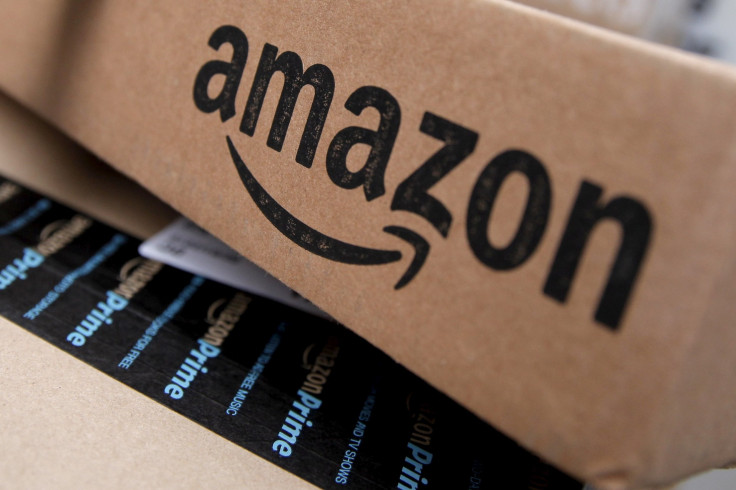Is This Proof That Amazon Returns Are Working At Kohl's?

Kohl's (NYSE:KSS) arrangement with Amazon.com (NASDAQ:AMZN) to handle the e-commerce giant's package returns at no cost to consumers looks like it may be working after all, as it seems to be driving incremental foot traffic to the retailer's stores.
Location data advertising firm inMarket says anonymous location data from the mobile devices from over 50 million U.S. shoppers showed foot traffic to Kohl's surged 24% in the three weeks following the department store chain rolling out its Amazon returns program nationwide in July.
And even though Kohl's just released a disappointing second-quarter earnings report, the numbers seem to back up CEO Michele Gass' story that the program is on track. "We are confident that our upcoming brand launches, program expansions, and increased traffic from the Amazon returns program will incrementally contribute to our performance during the balance of the year and beyond," said Gass.
Despite sales falling short of expectations -- the third straight quarter of lower sales -- and comparable-store sales dropping 2.9%, investors have reason to believe Gass is right.
Many happy returns
Amazon customers can bring virtually any purchase they made from the e-commerce site to a Kohl's store, and the retailer will take back the item, even one without a box, and return it to Amazon for them free of charge.
Kohl's began experimenting with the idea almost two years ago and announced earlier this spring it was expanding to all 1,150 Kohl's stores across the country. There have been various surveys along the way that seemed to back up the contention the idea had merit, and was not the unwise pairing of two adversaries that it appeared.
InMarket's survey examined the foot traffic of tens of millions of Comscore-verified active users for a three-week period before Kohl's rolled out the program nationally, and three weeks after. It found that the number of customers running in and running out of Kohl's, spending just five minutes or fewer at the retailer, jumped 17% after the program went national compared to beforehand, indicating they were popping in to the retailer simply to drop off a return and leave.
The researchers also found that the busiest traffic days occurred during the July 27-28 weekend, some two weeks after Amazon's massive two-day annual Prime Day sales event, suggesting this was a sign consumers had a case of "buyer's remorse." They had splurged during the sales extravaganza and were now streaming into Kohl's to return their purchases.
Perhaps more important for Kohl's, Insider reports there was also an increase in customers who stayed longer than 16 minutes, a number that spiked 14% between the before and after periods. That suggests customers not only came in to return products, but then stayed to browse Kohl's aisles -- and the longer they stayed, the more likely they were to make a purchase.
A noticeable change in direction
On first glance at Kohl's quarterly earnings report, investors might have trouble reconciling the data points. Kohl's said sales fell to $4.17 billion from $4.3 billion last year, below Wall Street's estimates of $4.2 billion. Comps also tumbled 2.9%, worse than analyst expectations for a 2.5% decline.
Yet Gass also noted comps were better than they were in the first quarter when they fell 3.4%, and while they had been negative at the beginning of the second quarter, they turned positive during the last six weeks of the period, which coincides with the launch of the Amazon returns program companywide.
There's certainly the potential for those figures to be coincidental, but they also lend circumstantial evidence that partnering with Amazon.com may be one of the best moves Kohl's has made in a long time.
This article originally appeared in The Motley Fool.
John Mackey, CEO of Whole Foods Market, an Amazon subsidiary, is a member of The Motley Fool’s board of directors. Rich Duprey has no position in any of the stocks mentioned. The Motley Fool owns shares of and recommends Amazon. The Motley Fool has a disclosure policy.



















